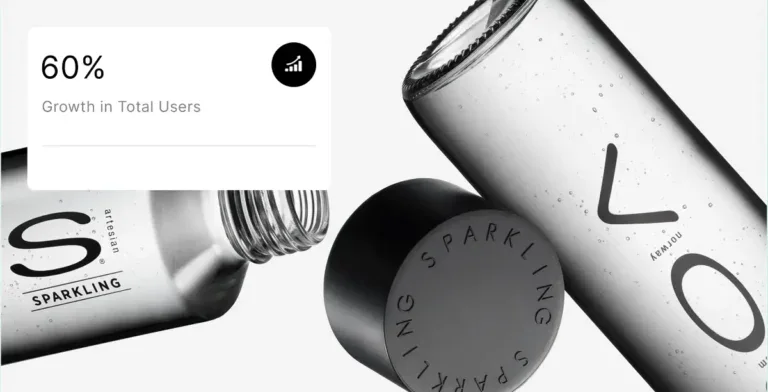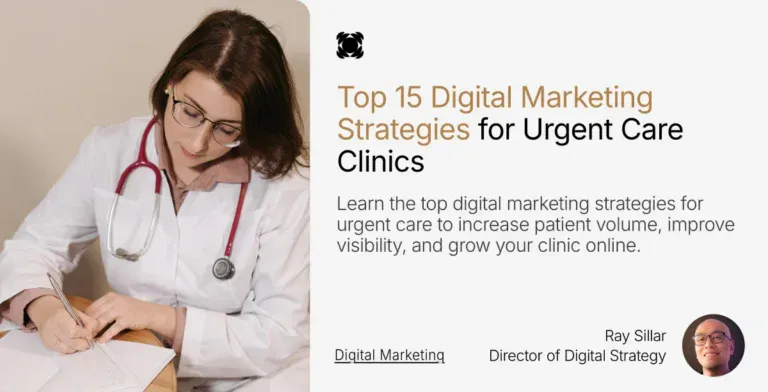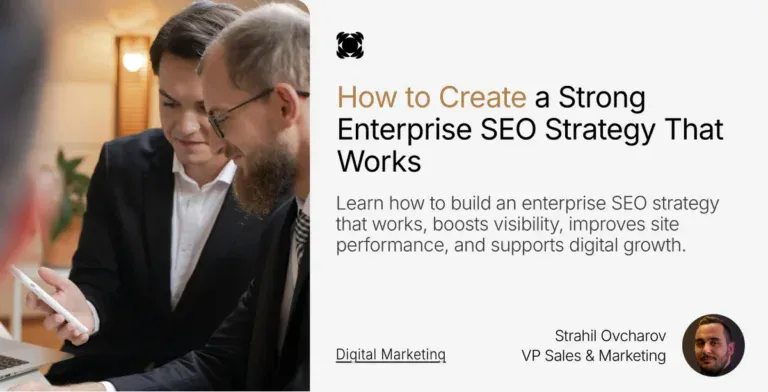Did you know that a small 1-second delay on your website speed can cause a conversion drop of up to 7%?
What about how more than 53% of users will leave a site if it takes longer than 3 seconds to load?
The reality is that website speed is vital for any website out there. If you have a slow website, you’re hurting your brand as a whole a lot more than you might realize.
But don’t worry, that’s what this article is for.
Let’s explore how website speed affects organic rankings. We’ll also see how it influences first-time visitors to your site.
Are you trying to improve your eCommerce website and sell more but don’t know where to start? Let us help.
So is Website Speed Important?
Absolutely. The speed of your website is the first thing that any visitor will notice when clicking on your website. They can’t see your homepage if your website doesn’t load quick.
Some might not even see it at all since they’ll leave before your page loads.
Each year, attention spans drop. This makes it tougher to keep visitors engaged with your website. Not only does your website have to look amazing, but you now have to optimize everything so it loads quickly.
Let’s quickly dive deep into why website speed is vital:
Reason 1. Website speed can hinder your SEO rankings
Google considers the speed of a website a ranking factor when it comes to SEO. Slow-loading websites will rank lower than fast-loading ones, no matter their quality.
It has never been more important to improve your website speed than it is right now. A fast-loading website not only retains visitors more, but it also has higher rankings in organic traffic. This means that more people can find your website and learn more about your brand and products.
A good SEO strategy should always take into account your website’s speed.
No matter if your website is an online shop or informational – your SEO might be phenomenal and well-made, but if your website is very slow, it won’t matter.
Reason 2. Your website’s speed will affect your conversions
If your website takes too long to load, then visitors will leave and search for other websites as an alternative. This is nothing new, and it’s the main reason why most business owners focus on their website load times nowadays.
We’ve all been there; we’re looking for a product, we find this unique and interesting brand we’ve never seen before, and go to their website. Only to be met with an agonizingly slow website. The wait itself might deter you from even checking their website out entirely.
Visitors who check the website may feel skeptical. This is because their first impression of the site was not good. They doubt the quality of the brand’s products as a result.
This means that the brand is already on the ropes and in a difficult spot.
By having a fast-loading website, you can start off on the right foot with visitors and let your website do all the talking.
Unsure on how to improve conversion rates on your website? Let us help.
Reason 3. Mobile website speeds suffer even more
Visitors looking at a website from a mobile device are even more impatient than people on a desktop. This means that you have even less time for your website to load before they leave and search for another brand with a similar product.
Focusing on the load speed of your mobile website should be a priority. It doesn’t matter which industry or niche your brand is in; focusing on your mobile website and making sure it looks and performs its best is vital.

So now you know what issues cause a slow-loading website, now what?
Now we talk about the potential issues that might be affecting your website’s speed.
What is Website Speed?
So we keep talking about the importance of website speed, but what exactly is website speed?
Website speed refers to how fast a website loads whenever someone clicks on the website link.
This adds different things such as text, video, moving elements, and images.
For the most part, the more of these elements you add to your website, the longer it will take for that page in particular to load. This means that you need to consider what to add and how to optimize them for quicker load times.
Don’t confuse website speed with page speed, though!
While they might seem like the same thing, they cover different aspects.
While website speed is the overall loading time of your website, page speed is only the load time of the page you’re interacting with. Your Shopify website might load fast but your individual product pages might load slow for example.
Website speed looks at the average speed of all pages on your site. In contrast, page speed focuses only on the speed of a single page.
This means that you can use website speed to understand how you’re doing overall and then use page speed to optimize every page accordingly.
Website Speed Issues
This quick list is in no particular order, so you should take care of all of these issues equally.
1. Unoptimized Images: This is by far the biggest issue when it comes to loading times on a website. We know you want crisp, great-looking images on your website. But using a raw image without optimization can hurt you more than you realize.
Instead of forcing your visitors to load big images, we suggest using a compressed format like WebP. It’s Google’s method for cutting down image sizes. This format offers smaller file sizes without compromising the quality of the images too much.
2. Hosting Quality: Skipping on buying a hosting service from a reputable brand just to save some money can be one of the worst decisions you can make for your website.
Always get a hosting service from popular and well-known hosting providers like Bluehost so that your website loads as fast as possible.
3. Redirects: Having dozens of different redirects can severely increase load times if you’re not careful. Make sure to only have redirects that are vital to your website and limit the rest.
4. Spaghetti Code: Sometimes everything seems optimized until you check under the hood (code) and notice that it’s a mess. Make sure that you are as efficient as possible when creating the code for your website.
5. Too Many Plugins: Make sure to remove any plugin that you’re not using and that is just taking up space. Also, double-check that every plugin that you’re using is essential. If it’s a Shopify plugin you use once a year, then it might be best to remove it altogether.
By fixing these five issues, your website will not only load faster, but it will also rank better.
Get a Fast Loading Website With Blacksmith
After reading this article, you might have noticed that improving your website’s loading speed is a lot more work than it might seem. From optimizing your website’s code to ensuring that you’re using the correct hosting service, there are a myriad of things you need to be aware of if you want your website to perform well.
But improving your website takes a lot of time and effort, and you might have other aspects of your business to take care of before that. But don’t worry, this is where we come in.
Here at Blacksmith, we are experts in website creation and optimization. From fixing your code to building a brand new one, we have all the services and tools your website needs and deserves.
As an experienced web development agency, we have a group of seasoned web developers ready to ensure that your website is as fast as it can be. We will go through your website and make sure that every page loads quickly, with no exceptions.
Still not sure if investing in your website speed is a good idea? Click here to schedule a call and we’ll show you how many conversions and potential customers you’re missing due to a slow-loading website.









